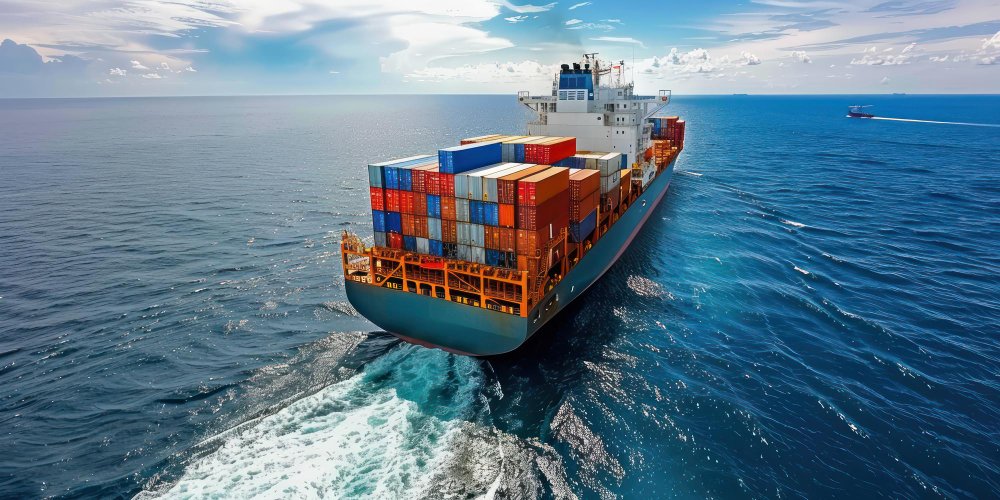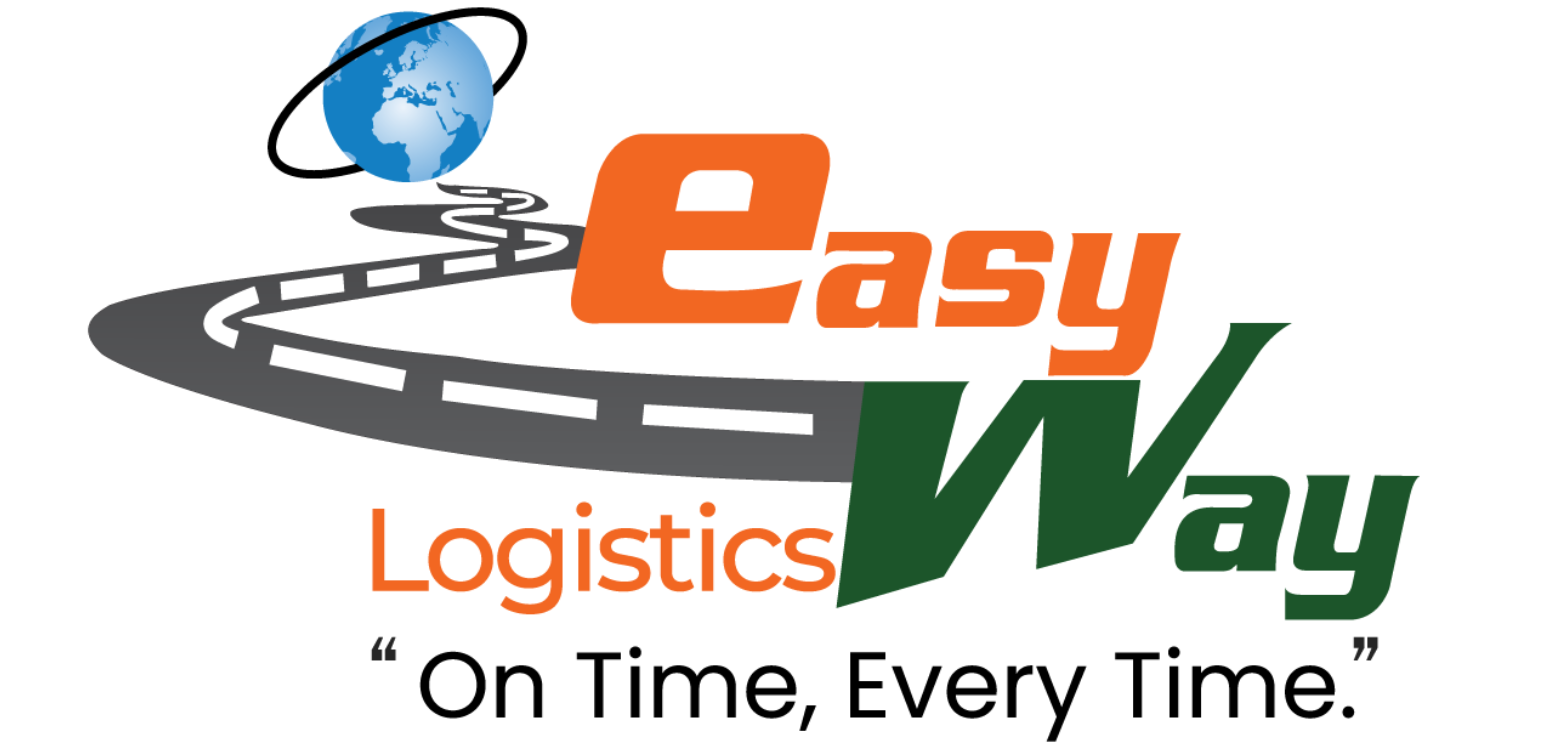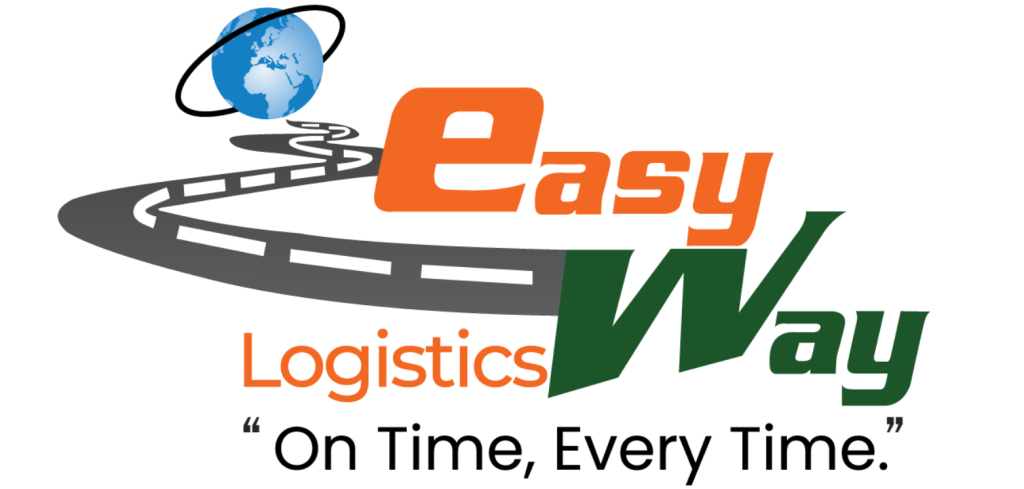
Choosing the right carrier is so much more than the price they charge. I always make sure to look at all aspects of the services they provide and the type of people with whom I will be working.
- Do they deliver on time?
- Are they an asset-based carrier?
- Is an asset-based carrier important to me?
- Do they provide value to me and my customers?
- Do they tell me what I want to hear or the truth?
These are all questions you need to ask yourself before you make a final decision.
Modes of Transport
It is important to note that not all carriers provide the mode of transport you require Many carriers only provide one mode of transport. Some carriers will provide short-haul over-the-road trucking; whereas, other carriers will provide long-haul over-the-road trucking. Short-haul trips are typically local or regional within a one day turn around or rather a 150-mile radius. Long haul is often considered any shipment over a 250-mile radius.
I often have shipments where I need product and materials from local suppliers that do not require a full trailer. In these circumstances, I need a less-than-truckload (LTL) carrier. Just like short haul and long haul, you have to find carriers that offer LTL shipments and truckload (TL) shipments. It is also possible that you can use a TL carrier for an LTL shipment. The shipping carrier will often pair two shipments on the same load going in the same direction to save everyone money.
Region of Transport
There are times when I require shipments to various regions through Canada and sometimes into the US. Regional carriers are experts in their regions and often provide superior knowledge to local terrain and weather patterns over outside carriers. They also have a better understanding of regional rules and regulations that might be different from other parts of the country.
If you have to ship into the US, be sure to choose a carrier with some experience. The laws between the US and Canada for shipping are different. You will also require different paperwork.
Regional carriers that cross the border can help you with the documentation to prevent delays and costly customs demurrage charges. These demurrage charges occur when an imported product exceeds the amount of time they are provided at a terminal. You do not want to pay for a demurrage charge so be sure your regional carrier is reliable and knowledgeable.
Asset-Based Carriers
An asset-based trucking company or railroad carrier has their own equipment. They do not hire out independent truck drivers with their own units. They also do not hire other types of non-asset based carriers. Some of such non-asset based companies might be third-party logistics (3PL) companies or freight brokers.
3PL and broker non-asset based companies offer carrier services.
However, they do not own the equipment and have little control of the dependability or reliability of the carrier. This is not always bad. Many 3PL companies will only use reliable and dependable carriers with a proven track record of success.
I look for certain traits in an asset-based carrier to increase the chances of a seamless shipment. Look for carriers with equipment that is relatively new. The equipment should have advanced safety features to protect your shipments.
They should use event recorders. They should offer complete transparency. And they should have GPS that will provide real-time location of your goods at any time throughout the shipping process.
Metrics and Analytics Results
It is important to measure the success rates of any carrier you use. I like to use analytics to examine a number of aspects pertaining to my shipments. I use them to review customer loyalty and customer satisfaction. They also help to better understand customers and their needs pertaining to shipments, and they help me improve after-sales services.
Metrics are an ideal way to track the immediate performance of shipments. You can evaluate the amount of time a truck spends on your dock. This helps to determine whether it is a carrier issue or an in-house issue.
You can determine transit time, on-time performance, whether the right quantity was delivered, if any damages occurred and much more. It is possible that you really like working with someone yet the carrier is not a good fit. If the performance of the carrier is not up to your standards, it is time to find someone new.
Shipping Carrier Rates
Many businesses make and break their profit margins with their shipping costs. While rates are important, they are not the only aspect to consider. It is important to note that you can often negotiate rates. I will also pay slightly more for some infrequently used lanes for discounts on routes I use more regularly. It is important that the pricing structure works for you and the carrier so that both businesses are able to survive.
I always establish relationships with several carriers in each region. By doing so, I am not stuck paying several hundred dollars more for a last-minute shipment. This rate extortion can occur when I have to choose an unfamiliar carrier without an established relationship.
Last-minute and emergency shipments do occur for a variety of reasons. This might include a customer emergency or when a truck breaks down in transit. If you have several solid carriers to service any route at any time with reasonable rates, you will save thousands of dollars a year.
Positive Working Relationships
As I mentioned, the price of a shipment is not everything. It is important to establish a positive working relationship with carriers. You have to be able to trust that the trucks will show up when you make the booking. This allows you to keep working on other aspects of the shipment and other shipments.
It is also important that the drivers are dependable and trustworthy. Also, you do not want to open the freight bill and see unexpected charges that the carrier never revealed. The carrier relationship is equally as important as the price. And remember that the relationship is a two-way street. They must enjoy working with you just as much as you enjoy working with them.
Prevent Shipping Carrier Theft
Cargo theft is big business, and not all carriers are legitimate. GPS is a good start; however, criminals can disable GPS with new technology. You should also ask the carrier about the safety measurements they take to prevent theft.
- Do the drivers walk around the trailer after each stop?
- Is the carrier familiar with high-target areas?
- Do they avoid unsafe routes?
You should also take precautions on your end by training your own employees on safety and theft prevention. You might start with security seals to protect your goods.
When I have to choose a new carrier for whatever reason, I go to the Internet. I like to read online reviews from reputable forums and review websites. I will even phone up a former or current customer if they leave the name of their business to verify the review.
I also look out for other signs such as fake insurance, no previous record of the driver and improper documentation. It can be tempting to choose a lesser-known carrier with a questionable online presence because their rates are so much lower. However, often times, if it is too good to be true, it usually is.
When i try to choose the right carrier for my business, I consider a number of aspects. The most important aspects are whether or not they provide value to me and my customers. When my customer is happy, they are likely to become loyal and repeat buyers. Do not forget to be just as good to your carrier as they are to you to solidify this relationship. Driver shortages are only getting worse. You want to be on the good side of your top carriers to ensure this industry-wide problem does not affect your business.
For any query related to customs clearance procedure or import and export log into our website. We also help in for more relatable details visit our website – EasyWay Logistics.
You can call us at- +919940092997 or email us at info@easywaylogistics.net






